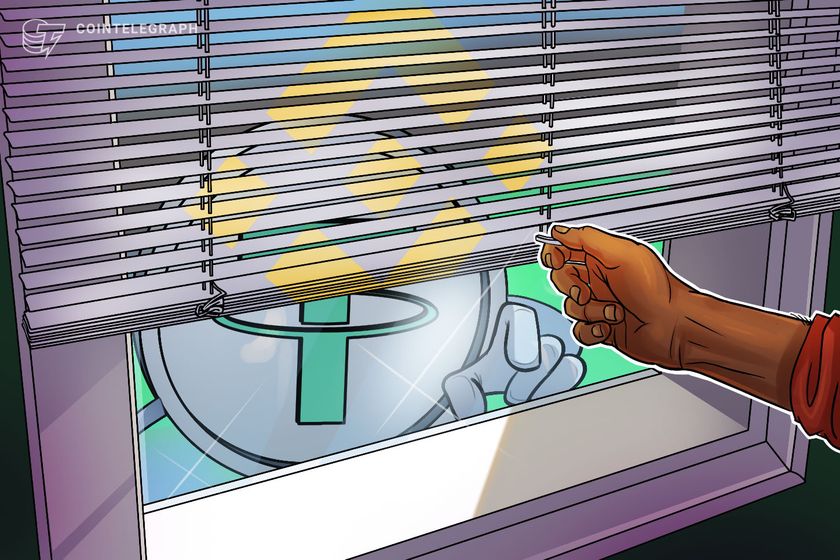

Ripple is celebrating the United States Securities and Exchange Commission’s (SEC) decision not to pursue a court case against the firm, but it provides little legal certainty for the crypto industry.
The US financial regulator has apparently dropped an appeal against Ripple, the issuing firm of crypto asset XRP. The industry saw the case as a prime example of regulatory overreach by the SEC under former chair Gary Gensler.
Ripple CEO Brad Garlinghouse said the decision “provides a lot of certainty for RIpple” and that while the case is effectively over, there are still some loose ends the firm needs to tie up with the SEC. “We now are in the driver’s seat to determine how we want to proceed.”
Stuart Alderoty, Ripple’s chief legal officer, wrote on X, “Today, Ripple moves forward — stronger than ever. This landmark case set a precedent for the domestic crypto industry.”
Ripple and the crypto industry as a whole are counting this as a major victory, but the SEC’s decision provides no legal precedent, and the “guardrails” the industry has lobbied for are yet to be defined.
Consequences of Ripple case on lawmaking and precedent
The cryptocurrency lobby was quick to celebrate the SEC decision, announced by Garlinghouse at the Digital Asset Summit in New York on March 19. Markets took notice — XRP price spiked 9% in the first hour following the announcement.
Supporters and observers posted on X about the precedent the case would set for the crypto industry. But legal observers are less certain about the overall impact the SEC’s appeal decision will have on the broader crypto industry.
Lawyer Aaron Brogan told Cointelegraph that the Ripple case “creates no precedent that any other firm can rely on.” He added there is “no question that the regulatory environment is more favorable to crypto firms today,” but the SEC’s exact policy won’t become clear until Paul Atkins is nominated as chair of the commission.
Related: Crypto regulation must go through Congress for lasting change — Wiley Nickel
Brian Grace, general counsel at the Metaplex Decentralized Autonomous Organization, further noted that the 2023 decision to which the SEC was appealing does not set a legal precedent.
He wrote on March 19, “The Ripple decision is not binding legal precedent. It was a single district court judge’s ruling based on the facts of that case.”
The SEC appeal repeal also has limited influence on the ongoing legislative efforts to create a framework for the cryptocurrency industry in the US. Grace said that the onus is on Congress, not the SEC, to make lasting legal changes for the cryptocurrency industry.
“The U.S. crypto industry needs new legislation to provide clarity and protection. Without it, the Plaintiffs bar can continue to sue in district courts across the country relying on Howey. A friendly SEC also does not change this. We need a crypto market structure law,” he said.
Brogan said that he didn’t think the decision would have any direct effect on the lawmaking process, but the SEC could still solve questions regarding rulemaking.
“I think many in Congress would welcome that as the market structure legislation currently percolating appears dead in the water,” he said.
Garlinghouse wants to tie up loose ends with SEC
The SEC appeal decision may put the “final exclamation point” on whether XRP is a security, but the legal battle between Ripple and the SEC could be set to rage on.
In a March 19 Bloomberg interview, Garlinghouse brought up the possibility of going on the offensive with a cross-appeal, i.e. an appeal from an appellee requesting that a higher court review a lower court’s decision.
Related: Bitnomial drops SEC lawsuit ahead of XRP futures launch in the US
Namely, Garlinghouse wants to revisit the 2023 decision in which Judge Analisa Torres, while ruling Ripple’s publicly sold tokens did not constitute a security, levied a $125 million fine on Ripple, stating that the tokens should have been sold to institutional investors.
The firm is also subject to a five-year “bad actor” prohibition on fundraising which, says Brogan, could meaningfully impact its operations.
“At this point, all we’re fighting for is do we want to fight to get the $125 million back,” said Garlinghouse.
He added that while the XRP-securities decision was a “clear legal victory,” there are “pieces of it that we think could be kind of cleaned up. And the question is, do we want to fight that fight? Or can we come to an agreement with the SEC to drop everything?”
Outside of the courtroom, Congress is still working to make meaningful progress on the stablecoin bill. Bo Hines, the executive director of the President’s Council of Advisers on Digital Assets, expects the final version to be ready in a couple of months.
The crypto framework bill FIT 21 failed to make it through the Senate in the 2024 legislative session, but some lawmakers are optimistic that it will make it through this session with “modest changes.”
The Blockchain Association, a crypto lobby group, expects both laws to pass by August, while US Representative Ro Khanna, a Democrat from California, says they could be finalized by year’s end.
Magazine: Memecoins are ded — But Solana ‘100x better’ despite revenue plunge



